Grant & Award Recipients
The AASM Foundation prides itself on its investment in people. Over the past 25 years, the AASM Foundation has invested more than $30 million in funding career development, high-impact research, clinical training and community initiatives.
Congratulations to the recipients of our 2025 grant cycle.
2025 Bridge to Success Grant for Early Career Investigators Recipients
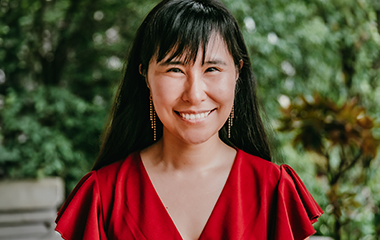
Individuals with type 2 diabetes are at elevated cardiovascular risk, and behavioral–social rhythms may play a role. This project will assess how daily rhythm regularity and relationship quality impact glucose regulation and cardiovascular health in couples coping with diabetes. Data will be collected over 20 days using actigraphy, ecological momentary assessment, and continuous glucose monitoring. Findings will inform future dyadic interventions targeting sleep and social rhythm disruptions to reduce cardiometabolic risk.
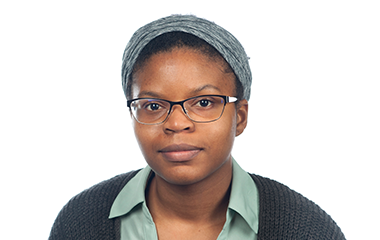
Black adults are at high risk of poor sleep health and Alzheimer’s disease (AD) and related dementias. This project will qualitatively assess barriers to and facilitators of sleep health and quantitatively examine the association between sleep health and biomarkers related to AD and related dementias in older Black adults. The project team will also assess the role of neighborhood conditions on sleep health and brain health to inform interventions.
2025 Bridge to Success Grant for Mid-Career/Senior Investigators Recipients
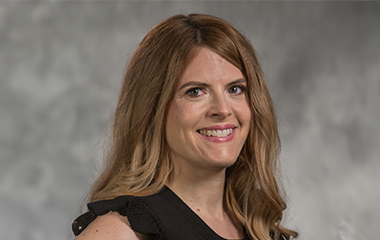
This project explores how thalamic stimulation influences sleep and epileptic activity using intracranial and implanted neurostimulation recordings. We will test how thalamic modulation affects both sleep and seizures. Findings will provide proof-of-concept for a novel therapeutic strategy, seizure control through sleep stabilization, with implications for improving outcomes in epilepsy and related neuropsychiatric disorders.

This project evaluates objective circadian timing and light sensitivity in adolescents with attention-deficit/hyperactivity disorder (ADHD) and controls to understand mechanisms underlying sleep deficits. Actigraphy, diary, questionnaires, neurocognitive tasks, pupillometry, and circadian phase assessment will be measured. The project team expects that reduced light sensitivity will be associated with circadian dysfunction. The measures will focus on poor sleep and clinical results, guiding sleep intervention strategies.

Influenza causes severe lung injury when immune responses are excessive or poorly timed. This project investigates how the body’s internal clock, or the “circadian clock,” within natural killer cells regulates inflammation and lung repair after infection. The project team expects to identify timing-specific mechanisms that can be leveraged to mount host-protective responses to severe respiratory infections.
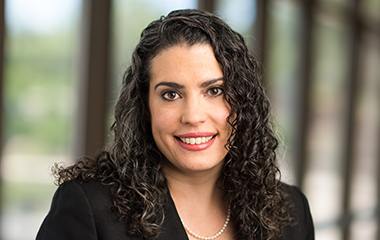
Postpartum depression (PPD) affects about 1 in 5 women, yet most do not receive treatment. This project tests the feasibility, acceptability, and real-world implementation of 5-weeks of wearable morning bright light therapy for PPD. Scalable sleep and circadian markers of treatment response will be tested. Findings will inform a future large-scale trial aimed at improving access to non-pharmacological circadian-based treatments for PPD.
2025 Physician Scientist Training Grant Recipients

Obstructive sleep apnea (OSA) contributes to cardiovascular disease, yet CPAP effectiveness varies widely across patients. This project applies causal machine learning to randomized trial and real-world data to identify which patients benefit most from CPAP therapy. The aim is to develop predictive models for personalized treatment strategies that optimize cardiovascular outcomes, advancing precision medicine approaches in sleep-disordered breathing.

Individuals with schizophrenia often experience disrupted sleep physiology linked to cognitive impairment. This project investigates whether high-definition transcranial direct current stimulation (HD-tDCS) during sleep can enhance slow-wave and spindle activity, and in turn, improve cognitive performance. Comparing effects in patients with schizophrenia and healthy controls, this study will explore the therapeutic potential of sleep-based brain stimulation.

Many people with frontotemporal dementia struggle to sleep, long before memory loss begins. This project explores why, focusing on a sticky brain protein called tau that builds up and disrupts rest. Using a new treatment that gently “rewrites” tau’s message, the project team will test whether restoring balance can restore healthy sleep in a dementia mouse model and potentially offer hope that better sleep could slow the disease itself.
2025 Diversity Supplement Grant Recipient

Sleep is characterized by a reduced response to external stimuli, but the underlying brain mechanisms remain unclear. This project will use larval zebrafish and whole-brain imaging to monitor neuronal activity in response to sensory stimuli during sleep and wakefulness. The goal is to identify neural pathways that suppress arousal during sleep, advancing understanding of how sleep states are regulated and how the brain maintains sensory disconnection during rest.
2025 Focused Projects Grant for Junior Investigators Recipients
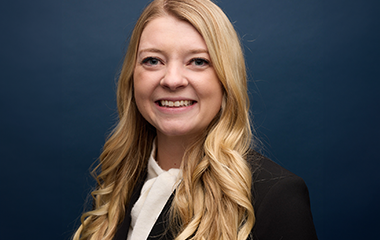
Children with autism spectrum disorder experience sleep disturbances at disproportionately high rates, affecting overall development and family well-being. This project will adapt and evaluate a behavioral sleep intervention through a community-engaged approach to improve feasibility and acceptability. The pilot study will assess whether the adapted intervention improves sleep and daytime functioning in children and reduces caregiver stress, laying the groundwork for larger-scale trials of parent-mediated sleep interventions.
This grant was made possible by Madeleine Grigg-Damberger, MD.

REM sleep behavior disorder (RBD) can severely impact psychosocial and sleep functioning in veterans and their partners, yet behavioral treatments are limited. This project uses a mixed methods approach—including actigraphy, self-report measures, and interviews—to characterize the biopsychosocial burden of RBD. Findings will inform the development of a targeted behavioral intervention to address biopsychosocial consequences associated with RBD.
2025 SLEEP Travel Grant Recipients

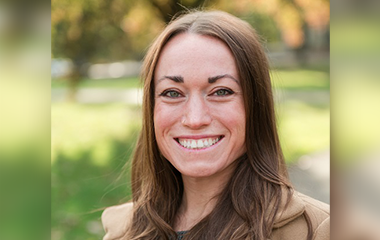

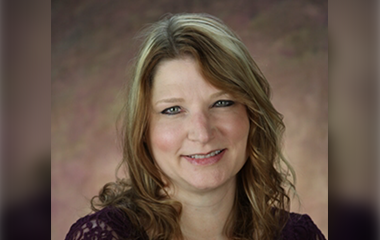
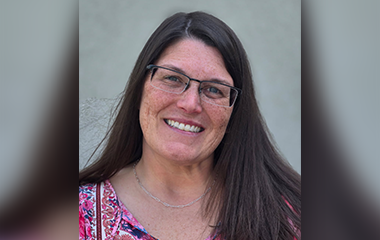
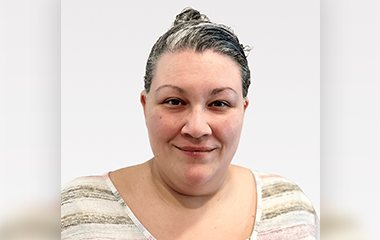
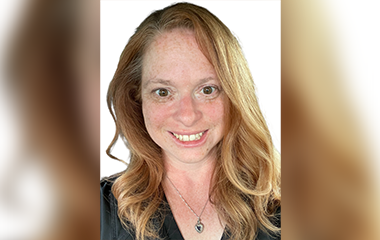

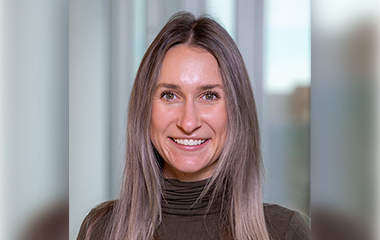
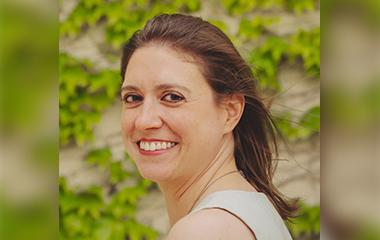
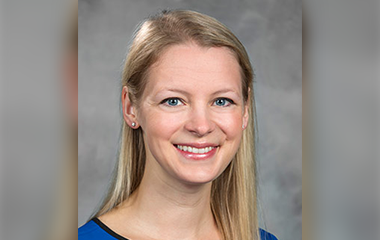
2025 Trainee Investigator Award Recipients

Jing Wang is a PhD student in environmental epidemiology at the Harvard T.H. Chan School of Public Health. She also works in the Division of Sleep and Circadian Disorders at Brigham and Women’s Hospital. Her research focuses on applying causal inference and advanced quantitative methods to investigate both the individual and joint effects of environmental exposures on sleep health, particularly the roles of air pollution, the built environment, and extreme weather events in relation to obstructive sleep apnea. She is passionate about translating epidemiological findings into actionable interventions to reduce sleep health disparities and improve population well-being.
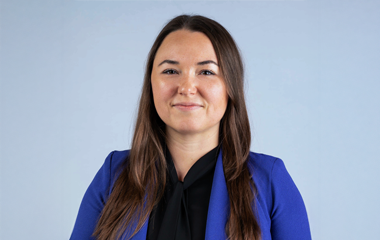
Dr. Samantha Keil is a postdoctoral associate and translational neuroscientist investigating the role sleep health plays in neurodegenerative disease progression. Integrating her preclinical and clinical research, she aims to define how sleep regulates brain fluid clearance across neurodegenerative disease states, such as Alzheimer’s Disease. Her current work aims to establish the impact of chronically disrupted sleep/untreated obstructive sleep apnea on glymphatic function. In the future, Dr. Keil’s research program will utilize multimodal neuroimaging to evaluate the interplay of sleep and brain fluid clearance dynamics across disease modalities, bridging mechanistic insight with clinical translation to inform preventative and therapeutic strategies.
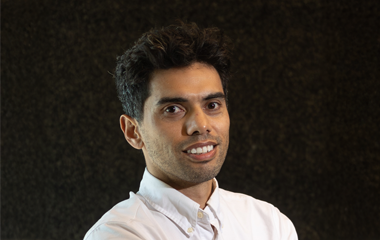
Dr. Josh Leota is a research fellow in the School of Psychological Sciences at Monash University, specializing in sleep, circadian rhythms, and physical activity. His research combines wearable technology and large-scale cohort data to investigate how behavioral timing, such as when we sleep or exercise, affects health, performance, and recovery. His work aims to uncover modifiable, time-based behavioral patterns to inform personalized interventions and improve health outcomes at both individual and population levels.

Zachary Oatley is a second-year medical student who became interested in sleep medicine after his own diagnosis of unrecognized obstructive sleep apnea. He founded Dream AI, a startup developing machine learning tools for early apnea detection, and personally developed the code behind its predictive algorithms. The project led to milestone funding, a utility patent, and a clinical validation study. Zach is also a committed student advocate who has led national efforts to modernize medical education.
2025-2026 SOAR Fellows



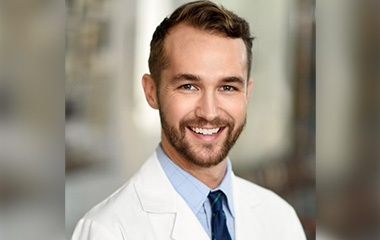

2025 AMA Foundation Physicians of Tomorrow Scholarship Recipients
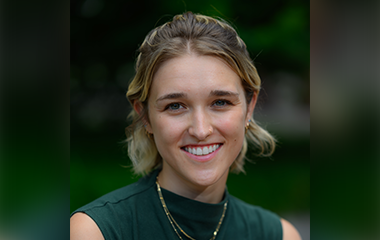
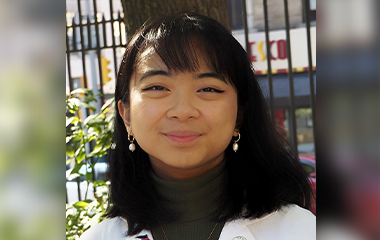
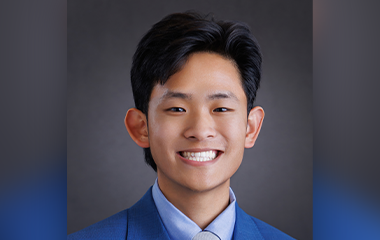
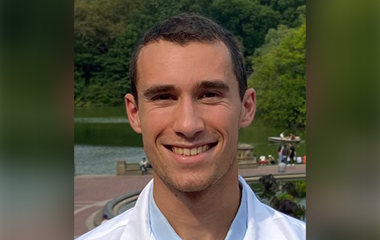
2025 RLS Foundation Research Grant Recipients

This study will explore how different types of exercise influence restless legs syndrome (RLS) symptoms and uncover the biological pathways involved. Using blood samples from an ongoing clinical trial, the team will measure changes in thousands of proteins before and after a 12-week exercise program. By identifying proteomic biomarkers linked to symptom improvement or worsening, they aim to reveal how exercise affects RLS at a molecular level. Findings from this pilot study may inform more effective, personalized treatment strategies for people living with RLS.

This study will use a blood-brain barrier (BBB) cell culture model and cerebrospinal fluid (CSF) from individuals with RLS to investigate whether signals in the CSF disrupt the regulation of transferrin receptors, which are key proteins that transport iron into the brain. Despite normal blood iron levels, individuals with RLS often have reduced brain iron, which may be due to impaired iron uptake at the BBB. This project aims to identify how iron transport becomes dysregulated and to uncover molecular pathways that could be targeted to restore brain iron levels and relieve RLS symptoms.
2025 Howard University Medical Alumni Association Scholarship Recipients




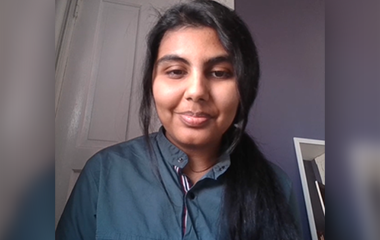
2025 Strategic Research Grant Recipients

This project aims to close knowledge gaps about obstructive sleep apnea (OSA) treatments and help patients and clinicians make better decisions about treatments together. In this project, we will refine and test a web-based decision aid tool, shaped by patient and expert input, and evaluate its effects in a randomized trial. We expect the tool to increase patient knowledge, satisfaction, and other OSA-related patient outcomes.
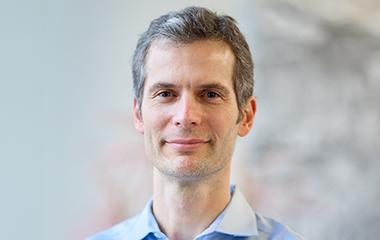
REM sleep behavior disorder (iRBD) is a strong early marker of Parkinson’s disease and related dementia, yet it is largely underdiagnosed. Using a large international dataset from nine research sites, this project will develop and validate AI models with wrist-worn accelerometers, creating a scalable, low-cost screening tool for earlier diagnosis, research, and targeted interventions worldwide.
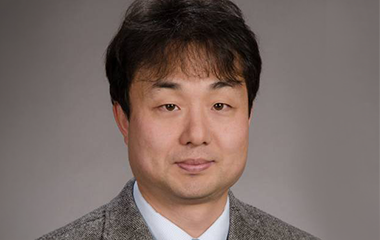
Obstructive sleep apnea (OSA) is common and raises cardiovascular risk. Pulse oximetry–based sleep tests are increasingly used to assess OSA, but their value in predicting cardiovascular risk is unclear. This study will evaluate the accuracy and reproducibility of physiological data from these devices and test whether such data are associated with markers of cardiovascular disease.
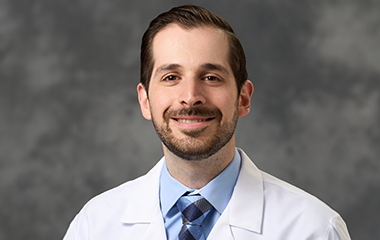
Sleep disturbance is an acute response to trauma that underlies the transition to post-traumatic stress disorder (PTSD), suggesting that stabilizing sleep early after trauma exposure will help prevent PTSD and its downstream health costs. The overall objective for this proposal is to test the feasibility of delivering behavioral sleep interventions within the immediate aftermath of trauma in an urban Level 1 trauma center.
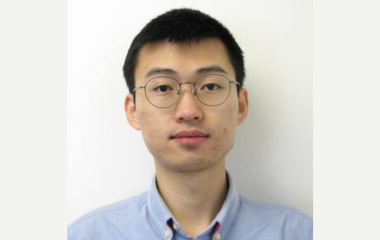
What are the multi-organ dynamics before and after an apneic event? The comprehensive characterization of end-organ damage and triggers of obstructive sleep apnea (OSA) detected by AI will promote precision diagnosis and treatment. The hypothesis is that people with post-OSA-event responses in certain organ system have a higher risk of diseases of that organ system, and the multi-organ pre-OSA-event triggers can be quantified at an individual level.
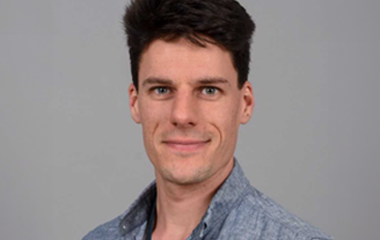
Co-morbid insomnia and sleep apnea (COMISA) is a prevalent and debilitating sleep disorder. The recommended ‘first line’ treatment for insomnia, Cognitive Behavioral Therapy for insomnia, (CBTi) is effective but largely inaccessible to people with COMISA. This randomized controlled trial aims to implement and test a software-assisted COMISA identification, screening and digital CBTi intervention in Sleep Clinic settings.

This study investigates the efficacy of dental implant-supported oral appliance therapy for treating obstructive sleep apnea (OSA) in edentulous patients. The research aims to address the lack of effective non-CPAP treatments for this population. Using a clinical trial design, the project will evaluate the appliance’s ability to improve airway patency and reduce apnea events.
2025 Community Sleep Health & Public Awareness Grant Recipients

The primary goal of this multigenerational community sleep campaign is to empower Black residents experiencing insufficient sleep across the lifespan (e.g., infancy through older adulthood). The project will aim to improve knowledge of sleep through educational workshops, seminars, and interactive webinars. In addition, the team will engage in local community outreach through a social media campaign, informational booths, sleep screenings, and an annual conference.
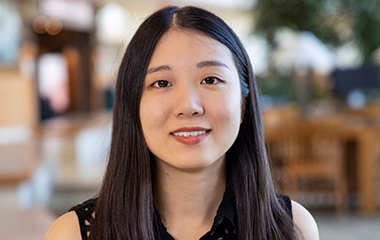
Asian Americans experience high rates of poor sleep and underdiagnosed sleep disorders, while facing cultural and linguistic barriers to care. This project will develop, test, and disseminate culturally and linguistically tailored sleep health education materials for Asian American communities and healthcare providers that serve these communities. This project aims to improve sleep health literacy and screening for sleep disorders to advance sleep health equity.

This project will implement a sleep health program for legal system-involved youth in residential placement. The team will train staff to deliver the sleep health program; evaluate the impact of the training on the knowledge of facility staff and on the sleep of adolescents in placement; evaluate the implementation of the program and disseminate training materials and plan, program evaluation results, and implementation.

This project addresses the lack of linguistically and culturally relevant sleep health services for Chinese-speaking seniors through a tailored Cognitive Behavioral Therapy for Insomnia. This language-concordant, evidence-based approach aims to improve sleep quality, enhance patient engagement, and increase access to patient-centered, non-pharmacologic insomnia care for underserved Chinese seniors.

This project will expand capacity to support trauma-exposed refugees and women with PTSD. Using a train-the-trainer model, providers from Boston Medical Center’s Immigrant and Refugee Health Center and OB-GYN Integrated Behavioral Health Program will be trained in Cognitive Behavioral Therapy for Insomnia to deliver equitable, scalable care within a safety-net setting.
2025 SRS Foundation Small Research Grant Recipients
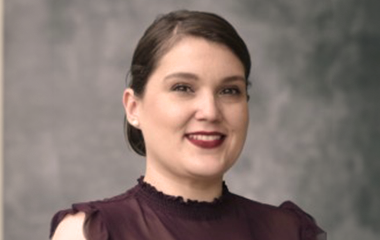
This project develops a culturally adapted, AI-driven intervention to improve sleep health among Hispanic family caregivers of children with neurodevelopmental disorders. By combining artificial intelligence with community-informed design, the study aims to create an accessible, personalized solution addressing sleep disparities in underserved populations. The research will generate preliminary data for future trials assessing efficacy and scalability, supporting applications for larger grants focused on health equity and technology-based interventions. Ultimately, this work seeks to advance culturally responsive strategies that reduce sleep health disparities and improve caregiver well-being.

This project addresses a key methodological gap in sleep research by validating actigraphy and sleep diaries for detecting daytime naps in older adults. Accurate nap measurement is critical for studies linking napping to neurocognitive health, particularly in underserved populations. The study will compare actigraphy algorithms with EEG-based benchmarks to ensure rigor and reproducibility. Findings will strengthen the foundation for a K99/R00 application and future NIH grants, advancing research on sleep-related risk factors for cognitive decline and improving measurement standards for aging studies.

This pilot study explores how autonomic nervous system dysregulation contributes to sleep disruption in chronic pain patients. Using physiological monitoring, the project aims to identify mechanisms linking pain and sleep disturbances, which could inform targeted therapies. Preliminary data will support applications for NIH K23 and other career development awards. By clarifying autonomic contributions to sleep impairment, this research seeks to improve treatment strategies for chronic pain sufferers and advance understanding of sleep physiology in clinical populations.
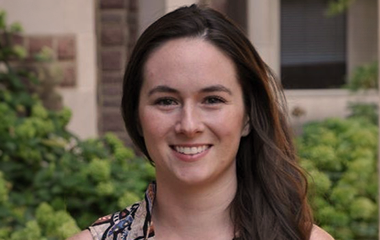
This study investigates whether cognitive behavioral therapy for insomnia improves memory in older adults. Combining remote sleep EEG with cognitive assessments, the project examines how behavioral sleep interventions influence sleep-dependent memory consolidation. Results will provide preliminary data for NIH K99/R00 applications and inform future trials integrating clinical and cognitive approaches. By bridging behavioral sleep medicine and experimental sleep engineering, this research aims to enhance cognitive health in aging populations and refine strategies for mitigating insomnia-related memory decline.

This study investigates the link between respiratory effort during drug-induced sleep endoscopy and 24-hour blood pressure in patients with OSA. Preliminary data from 20 participants show moderate-to-strong correlations between increased respiratory effort and elevated mean arterial, systolic, and diastolic pressures. The project aims to expand enrollment to validate respiratory effort as a physiologic marker for cardiovascular risk, potentially outperforming traditional OSA severity indices like AHI. Findings could inform personalized treatment strategies and advance understanding of OSA’s cardiovascular consequences, supporting future high-impact publications and NIH career development grant applications.

